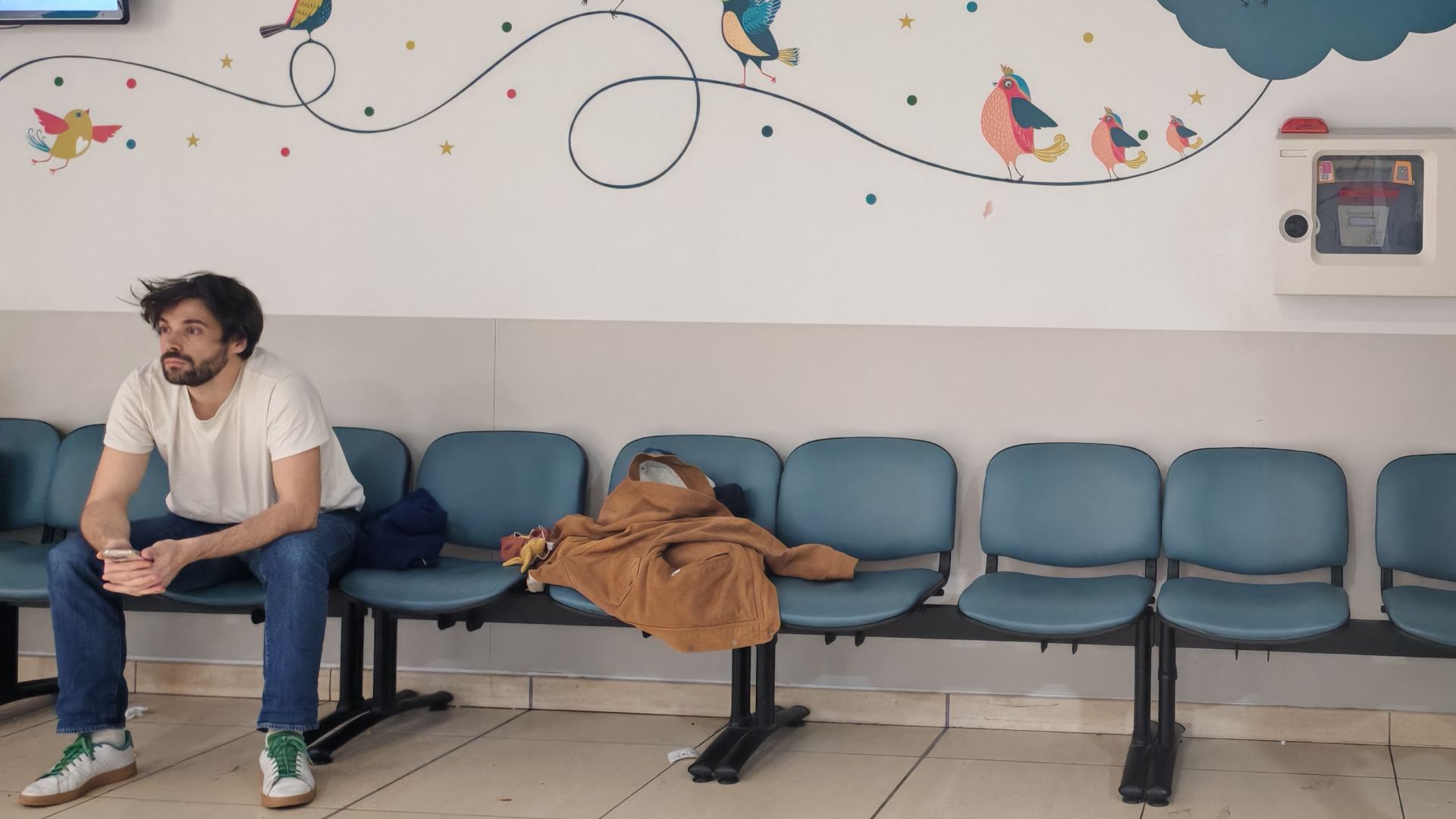By: Brian M. Mercer, MD

Dear Cuyahoga County Executive,
As you well know, Cuyahoga County is home to some of the nation’s best medical institutions. With such a health care network, the envy of communities across the United States, why do our community’s health outcomes consistently rank among the worst?
With such a health care network, the envy of communities across the United States, why do our community’s health outcomes consistently rank among the worst?
It’s a question we, as healthcare providers, ask ourselves often. The answer extends well beyond our hospital walls, especially when it comes to the maternal and infant health crisis devastating our region.
At MetroHealth, we care for Cuyahoga County’s most at-risk mothers. They come to us before and during pregnancy under incredible amounts of stress brought on by factors such as poverty, community violence, housing instability, food insecurity and more. That sort of stress, time and time again, has been linked to poor birth outcomes like preterm birth, low birth weights and higher death rates.
And, of course, we can’t ignore the role of race in this crisis.
Black babies are almost three times more likely to die before their first birthday than white babies in Cuyahoga County. Black women are 50% more likely to deliver prematurely. Social disadvantages brought on by deep-rooted structural racism only perpetuate the generational stress experienced by Black women, leading to these heartbreaking statistics.
Experts believe 80% of a person’s health depends on factors beyond medical care.
Experts believe 80% of a person’s health depends on factors beyond medical care, which we’re working tirelessly to address through efforts like the MetroHealth Institute for H.O.P.E.™ However, connecting our patients with resources like housing, healthy food, internet access, workforce training and more is only part of the solution.
As a community, we need to go well beyond treating illness. We need to focus on promoting health. That means untangling systems that perpetuate racial inequities.
That means supporting people well before they become parents.
That means ongoing, honest collaboration among our hospitals, government leaders, nonprofits, community agencies and more.
Every day, my maternal and fetal medicine colleagues at MetroHealth meet with expectant parents. Many are worried whether they’ll be able to feed their children, provide a place to live or give them the opportunities they themselves were often denied.
As their health care providers, we can only prescribe so much hope.
We do everything we can to provide them with resources to help. But really, as their health care providers, we can only prescribe so much hope. What happens well before they enter our offices is critical to their wellbeing and that of their children.
At MetroHealth, we are relentless in our pursuit of health for every person. We are inspired to eliminate the barriers that impact health. As our next County Executive, you must be, too.
Brian M. Mercer, MDChairperson, Department of Obstetrics & Gynecology








.png)
